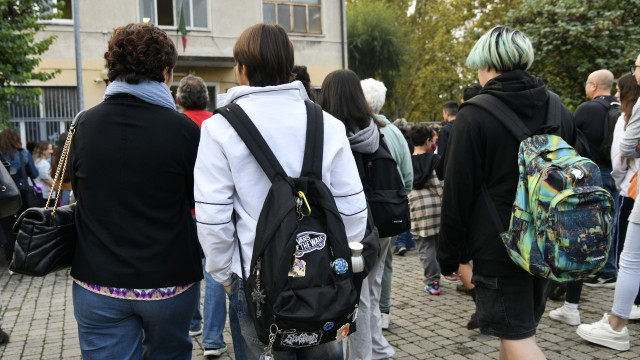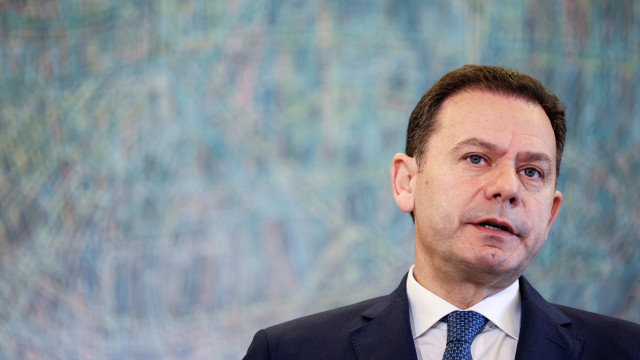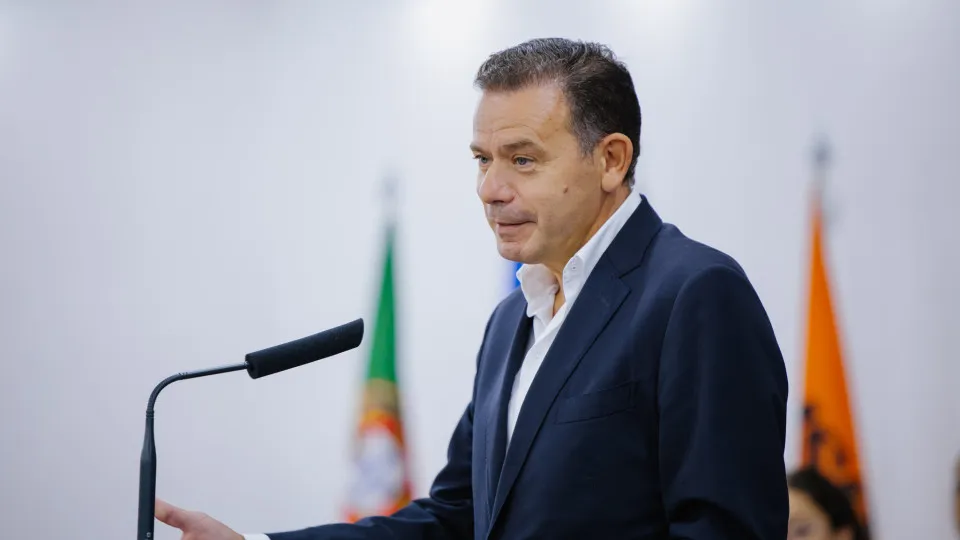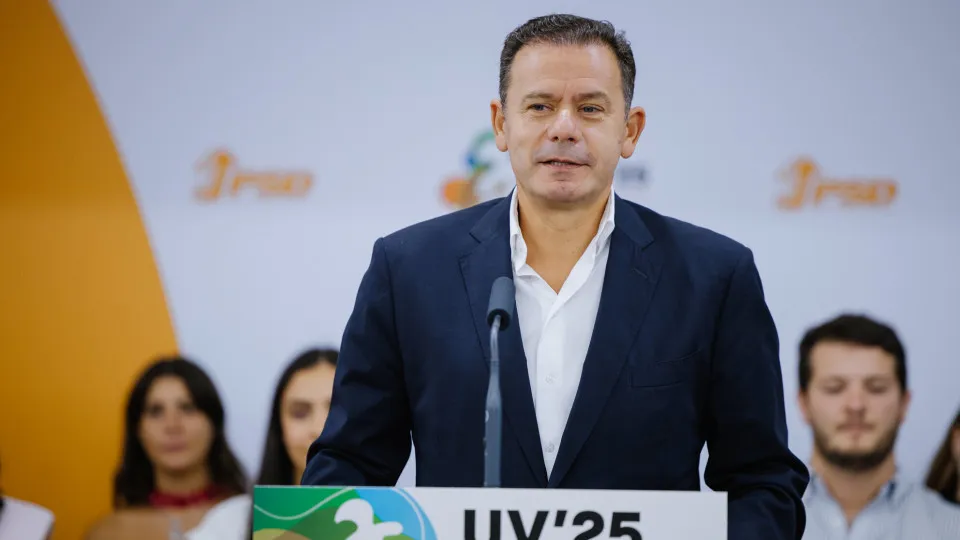The Minister of Education, Fernando Alexandre, described as “a hasty reading” the inference that sex education has been omitted from the Citizenship and Development curriculum, following the release of the new National Strategy for Citizenship Education (ENEC) on Monday.
“We are precisely in public consultation; I think that is a hasty reading. Let’s allow the public consultation to proceed, during which we will listen to parents, families, schools, and society, and we will speak on the matter again,” he responded when questioned about the removal of content related to sex education and sexuality.
The official also highlighted that “what is in the essential learnings covers all these subjects“, while also noting that “gender identity is not part of the essential learnings”.
“The public consultation is not just a formality. It is a process of gathering feedback that can, of course, lead to improvements in what we have presented in terms of essential learnings, which are innovative for the Citizenship and Development subject,” he said.
Notably, the new National Strategy for Citizenship Education (ENEC), intended to replace the one established in 2017, was publicly disclosed on Monday, along with a guide for essential learnings in the Citizenship and Development subject.
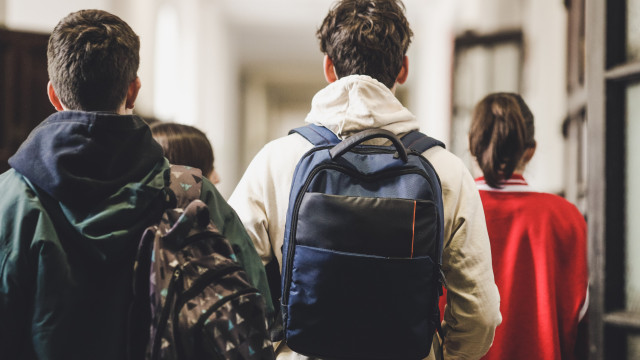
Various figures from the Left have criticized the extreme right for “accumulating and progressing” under the governance of the AD, which they claim “poses a danger to everyone”, in response to the release of the new National Strategy for Citizenship Education (ENEC).
The government emphasizes mandatory and cross-cutting topics such as human rights, democracy and political institutions, sustainable development, and financial literacy and entrepreneurship. In a secondary tier are health, risk and road safety, cultural pluralism and diversity, and media.
Accordingly, focus on sexuality or sexual orientation is no longer present, only addressed in the context of human rights violations. Animal mistreatment, meanwhile, is expected to be one of the topics under sustainable development for second-cycle students.
The proposal introduces financial literacy and entrepreneurship, with younger students being encouraged to “understand the importance of saving and its objectives” or to “distinguish between borrowing (from family, friends, or banks) and lending”.
